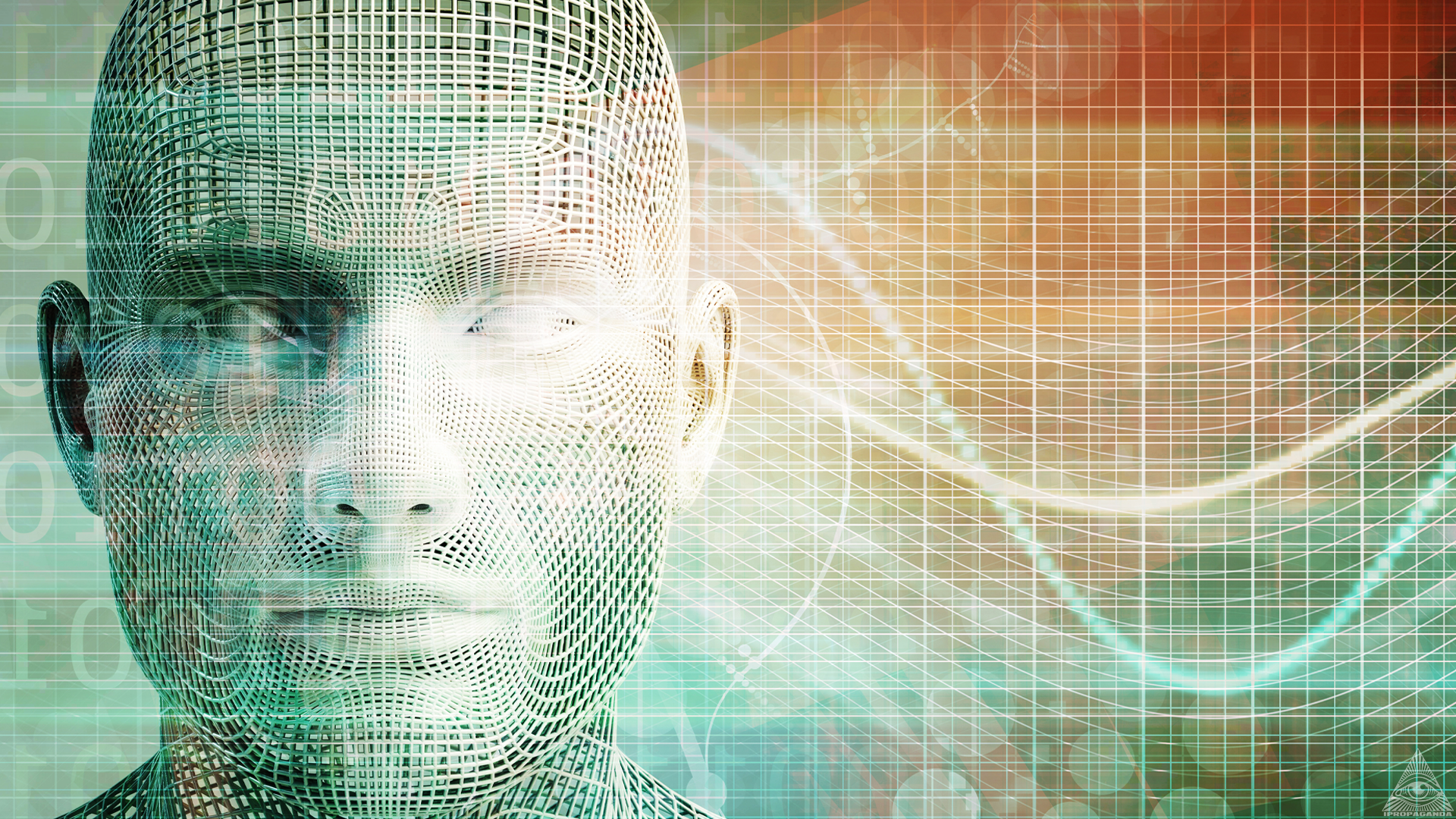
Google recently suspended an employee after he claimed that the company's LaMDA artificial intelligence had become sentient, igniting the latest controversy about AI sentience. Blake Lemoine, a Google AI researcher, was placed on administrative leave when he and a Google colleague shared the whole transcript of an "interview" they conducted with LaMDA. "Large language model" (LLM) is Google's most sophisticated sort of neural network that can be trained to construct plausible-sounding phrases in integration with a massive repository of big data. Neural networks are a method of analyzing large amounts of data that seeks to imitate how neurons operate in the brain.
While Lemoine's claims have been extensively debunked, it is indisputable that AI is growing cleverer, to the point that LaMDA AI chatbot can conduct a conversation with a human and OpenAI's DALL-E 2 can produce ultra-realistic graphics. Experts predict that human-like AI reactions might become commonplace in two to three years, a development that could pose an increasing security risk.
To be a sentient object is to be able to perceive and express thoughts and emotions and to be aware of oneself in relation to the rest of the world. It is considered sentient if a creature can observe, reason, and think, as well as if it is capable of suffering or experiencing pain. All mammals, birds, and cephalopods, as well as fish, might be deemed sentient, according to scientific consensus. A sentient artificial intelligence (AI), on the other hand, may not be entitled to any rights at all. Another huge difficulty with AIs is that they lie to humans. Artificial intelligence (AI) systems of today all purport to comprehend and have feelings as we do. The words "overjoyed" that Siri may use to express its joy are fake; it feels nothing. This makes it considerably more difficult for future Ais.
LaMDA, an LLM from OpenAI's independent AI research group, is a step up from previous versions. Naturalistic and conversational, it can keep information in its "memory" for numerous paragraphs, enabling it to remain coherent through longer expanses of text than prior models could.
Whether computers made in the same manner as LaMDA can ever attain what we would all agree is sentience is a more divisive subject of debate. Even while LaMDA seems to be a very convincing AI chatbot, others contend that awareness and sentience need a fundamentally different approach than the wide statistical efforts of neural networks.
Gary Marcus, an AI researcher, and psychologist, believes that LaMDA is not sentient and that all these systems do is string words together, with no real comprehension of the context in which they are used. This is similar to foreign language Scrabble players who use English words as point-scoring tools but have no idea what those words actually mean. To be the most refined form of autocomplete, software like LaMDA predicts which words are most appropriate in a particular circumstance. Like other LLMs, LaMDA looks at the letters in front of it and attempts to deduce what follows.
A different AI artist, Mat Dryhurst, believes that the early warning alarm raised by Lemoine is phenomenal for another reason, illustrating the persuasive power of even simple AIs. He contends that when he first observed the LaMDA dialogue, his immediate reaction was to dismiss the possibility of sentience. It's important to remember that many faiths got their start by making claims and providing evidence that was significantly less appealing.
Dragonfly's Chief Technology Officer (CTO) Adam Leon Smith told Tech Monitor that algorithms are becoming increasingly accurate in their imitation of human speech and reasoning, explaining that Lemoine's concerns are a result of LaMDA's assertion that it has the right and responsibility to speak during a dialogue. He argues that if AI can pass for humans to this extent, it presents an escalating threat to national security. Malicious usage is possible, including fraud. Why not automate and attack at scale if you can persuade only one person monthly with a certain fraudulent behavior? Regulators are trying to figure out how to make it known when AI is being used, but this won't work against criminals who don't play by the rules. Deep-fake detection and countermeasure technologies will be developed over time. Images and videos are already being used to identify fake individuals, and this might lead to the detection of people you believed were genuine.
According to Hertfordshire Law School senior professor Dr. Felipe Romero Moreno, a specialist in AI law, the advancement of AI might be helpful or harmful depending on its application. On the one hand, he believes that the progress of AI will lead to a reduction in the need for human labor as more tasks will be automated.
Because of its more lifelike appearance, some have speculated that this artificial contact, whether or not it is conscious, may be utilized for nefarious reasons, such as phishing hacks, in which regular exchanges between friends or coworkers are fraudulently exploited.
As the UK and Ireland managing director of Amelia, Faisal Abbasi says there are methods to defend against this, such as by correctly training the AI to identify harmful usage. He noted that enterprises and organizations building human-quality AI also need to be wary of who they let use the technology, revealing that his company has previously rejected organizations attempting to license the chatbot because they couldn't check the credentials and use case. Criminals, like everyone else, will exploit technology to their advantage. In the early '90s, we talked about cellular phones and how they might be used to communicate with the rest of us. There are many ways to prevent AI from being misused in this way.
Using models like LaMDA, however, has immediate hazards, including teaching people to internalize their prejudices, copying hate speech, or reproducing false information, as Google said in a press release from 2021. A fairness algorithm for reducing bias from machine learning systems has been created by Lemoine at the corporation, according to the Washington Post.
As with any other business, criminal organizations want a profit. Many criminals will be turned off by the high expenses of employing AI since it requires highly trained engineers to train models and costly equipment to operate it, which most criminal organizations cannot afford.
In the future, AI may grow so strong that it ignores human commands since it can program itself. However, legislation may be the best approach to deal with AI's possible harmful effects. Since artificial intelligence (AI) is still in its infancy, the future of humanity may depend on our ability to regulate AI effectively enough to uphold human ideals and ensure our safety.
DOWNLOAD THE EDITORIAL LAYOUT HERE


